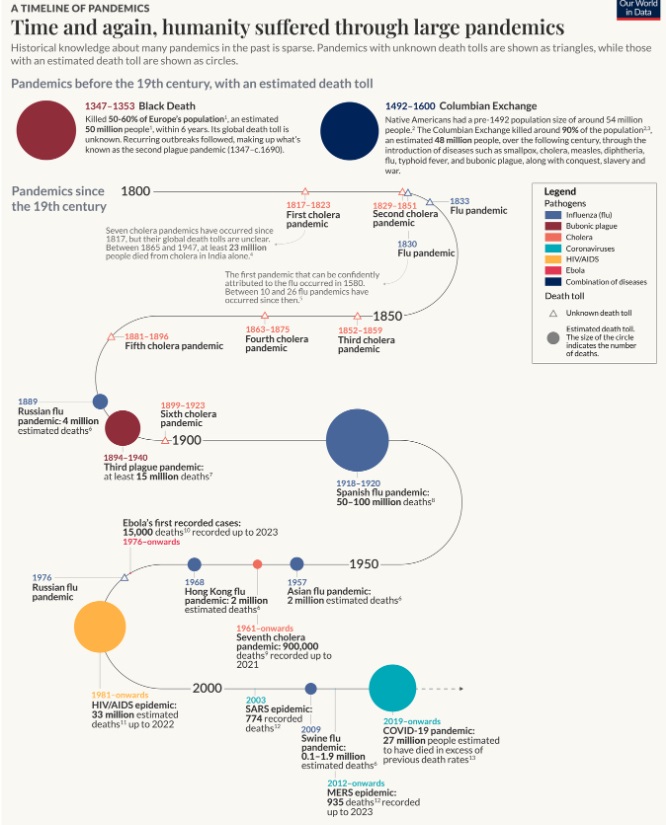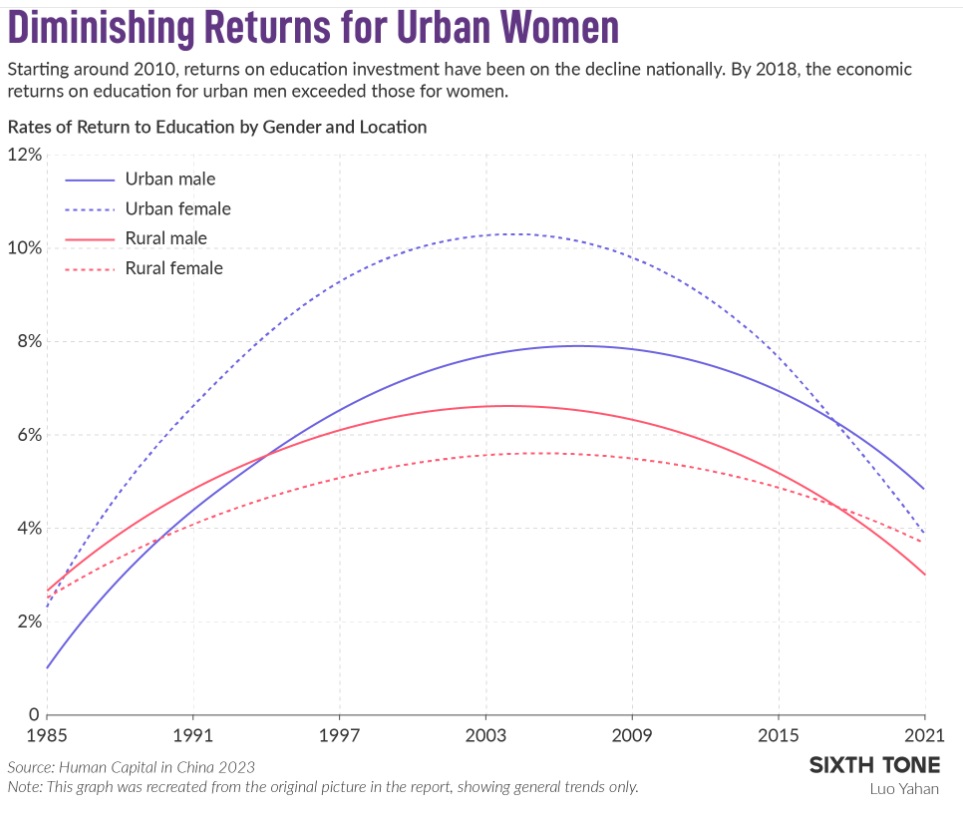Somewhere around 3:00 am Tuesday morning our cat Willow meowed loudly from the hallway and woke us up. This is not an infrequent occurrence and a creature far less cute than Willow would surely suffer consequences for such an action. We could not get back to sleep, partly due to the windstorm that night, so out of curiosity we quietly walked downstairs to see if Willow was out food. She was not. A strange vision caught our eye out in the driveway. After a moment we realized a tree on the edge of the street had fallen from the windstorm into our driveway. No cars, dogs, cats or coyotes were harmed but it was now partly blocking the driveway. For a moment we had a notion to go outside and move the fallen tree out of the way but reason prevailed and we went back up to bed.
We weren’t entirely surprised the tree had fallen (it did not make a sound, or at least we didn’t hear it, and yet it was indeed felled, answering perhaps a long-standing and silly philosophical question). After all, for years this tree had been the neighborhood toilet for many a dog taking its owner for a walk. Countless times we’d looked out the window to see a dog lifting its leg at the tree. The stunted pine was good natured about it, merely standing proudly in the good nature of our front yard. But undoubtedly over the years such actions had taken their toll. Indeed, the next day as we sawed the branches and trunks to remove it from the driveway, we noted how easy our non-powered saw sliced through the wood, apparently weakened by years of dog abuse. And so as we ponder what to plant in its place, certainly not a dogwood, we consider where the Covid pandemic ranks, who has the most Starbucks and the promise and perils of education in China. It’s this week’s International Need to Know, the whispering willow of international information, the stolid redwood of global data.
Without further ado, here’s what you need to know.
Election Year
So in the cornfields of Iowa, where we were born (in Iowa, not in a cornfield), the U.S. presidential election gets started next week. But the U.S. is but one of many crucial elections taking place in 2024. In fact, of the ten most populous countries in the world, eight of them are holding elections this year.* In fact, Taiwan is holding its presidential election this Saturday, something China is ham-handedly trying to interfere with. Other notable elections taking place later this year include the most populous country in the world, India; the fourth-most-populous country in the world, Indonesia; and the tenth most, Mexico. The UK’s parliamentary elections might lead to yet another new prime minister. Bangladesh, the 8th most populous country in the world, has been embroiled in election controversy and held a disputed election a few days ago. This is all to say that elections matter and will profoundly shape what 2025 and beyond look like. Remember that for all its challenges, democracy is better for your freedom and your economy.
*Though the circus planned for Russia in March is not worthy of the word “election”.
Ranking Pandemics
Covid-19 lingers like a bad guest at a New Year’s Eve party but the pandemic is essentially over. Infections are on the rise in the U.S. but not deaths (though Covid still kills at five times the rate of the flu). The pandemic was not fun and impacted our world in all sorts of ways. So perhaps it’s time to take stock and compare the Covid pandemic to previous ones. Which is what Our World in Data has done as you can see in their chart below. They take the long view and include the Black Death back in the 14th Century and the Columbian Exchange when Europeans brought disease and death to the Americas. Those two pandemics wiped out huge percentages of world population. Covid killed 27 million people which is a lot of people. But as a percentage of world population it’s smaller than the Spanish Flu pandemic of the early 20th Century. If we learn from the Covid pandemic, and unfortunately we’re not sure we have, the next pandemic should also be less deadly.
China Corner: Edutopia
Higher education has been in the U.S. news a lot recently, much of it about its challenges. Turns out China is facing educational challenges of its own, but also reaping some benefits. According to Six Tone’s reporting on a recent study, China has increased education among the population, “…from 1985 to 2021, the average years of education for the urban labor force increased from 8.23 to 11.69, while in rural China, it increased from 5.47 to 9.24.” And the gender gap has mostly disappeared. So Chinese both in urban and rural settings are more educated. But the challenging news is there are diminishing financial returns for more education (this is true in the U.S. too). Six Tone reports, “In 2008, urban males could expect an 8.3% increase in income for every year of additional education. However, by 2020, this dropped to 5.7%. Similarly, urban females saw their education return rate decrease from 10% to 6% during the same period.” The study that Six Tone draws on believes some of this is due to the demographic changes in China and a slow down in technology. We wonder what the impact of AI will be on all of this.




